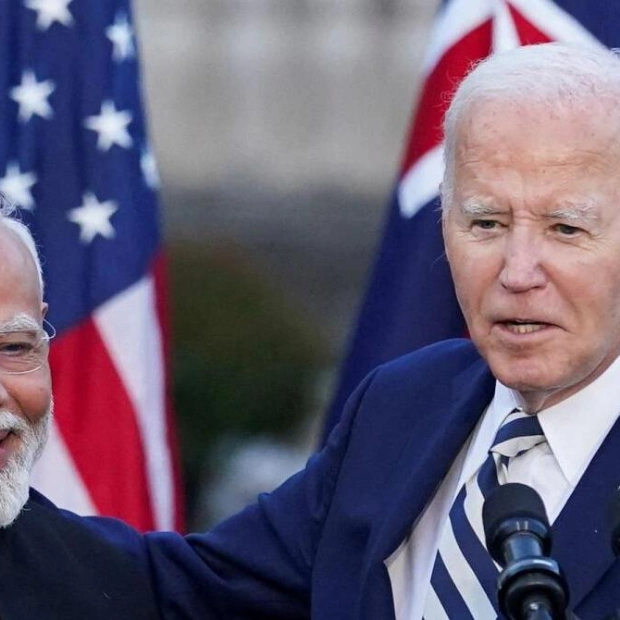Jason Gillespie, Pakistan’s red-ball coach, has characterized his role as a “matchday strategist”, recognizing his diminished influence after a restructuring following the first game against England removed his say in team selection. The crushing defeat by an innings and 47 runs led the Pakistan Cricket Board (PCB) to overhaul their Test strategy. They abandoned their initial focus on creating conditions favorable for seam bowling, which was a significant factor in Gillespie’s appointment less than six months prior, and shifted their selection process, sidelining their top fast bowlers in favor of spinners. For the second Test, they opted to play on a heavily used, dry pitch, which proved advantageous as they secured a 152-run victory.
Upon his appointment, Gillespie had emphasized the importance of utilizing Pakistan’s high-quality fast bowlers. However, for the second Test and the final game starting on Thursday, the team fielded without any specialist fast bowlers. Gillespie acknowledged the PCB’s decision to introduce a new selection panel after the first Test, stating, “I was not involved in the decision-making, I was just there.” He now focuses solely on matchday strategy, avoiding involvement in selection decisions and concentrating on preparing the players for the game.
Ahead of the decisive Test, Gillespie’s advice on maintaining calm amidst constant change seemed pertinent to navigating the turbulent environment of Pakistan cricket. He highlighted the importance of clarity and calmness in the face of chaos. Reflecting on the PCB’s and Pakistan’s national side’s tumultuous recent history, Gillespie expressed his protective stance towards the players, shielding them from external noise.
The contrasting atmospheres between the two teams were evident when England dedicated their final training session to fun activities, including a six-hitting competition. Gillespie noted the relaxed and aligned environment within the England squad, a stark contrast to the more intense dynamics within the Pakistan team.
Source link: https://www.theguardian.com






